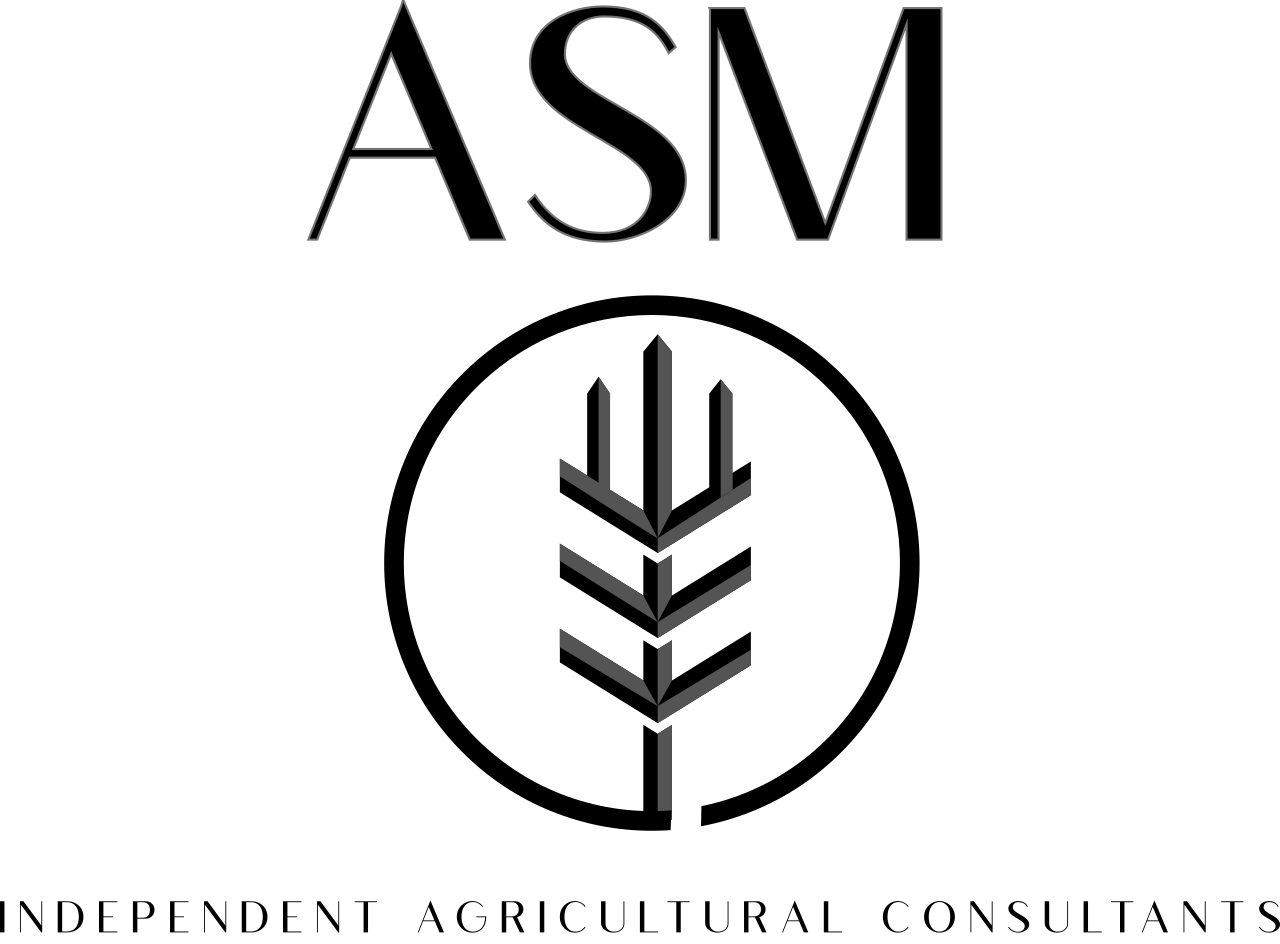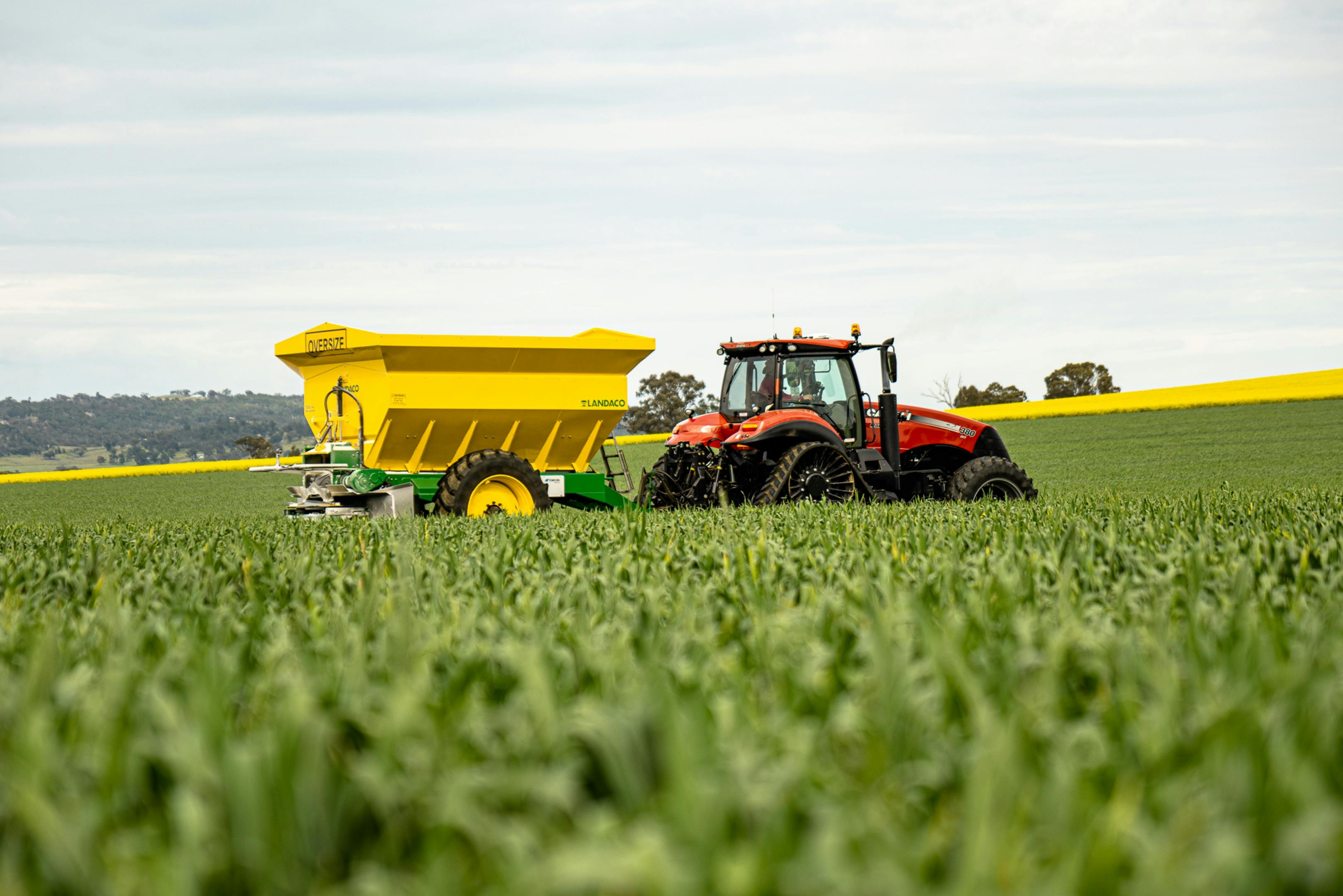
Navigating the Complexities of IRS Section 180: A Comprehensive Guide
Did you buy land recently? Are you planning on buying land soon? Do you loathe writing a check to Uncle Sam after a year of hard work and investment? My guess is you likely answered yes to at least one of these questions. Having a tax efficient strategy for your operation is extremely important, that goes without saying. But are you taking advantage of all the tax incentives available to you? A good CPA or Tax advisor can help, but here’s how a soil test can too.  Alec Bean, CCA and owner of Agricultural Soil Management (ASM) has been helping clients take advantage of IRS Section 180, which allows for the depreciation of excess nutrients on a farm parcel when purchased. “If you are buying land right now, and not taking advantage of this part of the tax code, more than likely dollars are being left on the table” says Alec Bean. Here’s how it works, when a customer purchases a parcel of land, the experts at ASM collect soil samples, test the samples in their state-of-the-art soil lab then determine the excess amount of nutrients in the farm. The certified crop advisers at ASM then assign a value to those excess nutrients based on USDA Fertilizer pricing reports, all of which is compiled into a professional report, which can be provided to the clients CPA. So how much can you save? “Of the reports that we have conducted, the vast majority see somewhere between $200-$500 per acre in excess fertility that has the potential to be depreciated,” said Alec. If you would like a free consultation with Alec to see how you might be able to take advantage of IRS Section 180, he can be reached at [email protected] or 217-369-3957.
Alec Bean, CCA and owner of Agricultural Soil Management (ASM) has been helping clients take advantage of IRS Section 180, which allows for the depreciation of excess nutrients on a farm parcel when purchased. “If you are buying land right now, and not taking advantage of this part of the tax code, more than likely dollars are being left on the table” says Alec Bean. Here’s how it works, when a customer purchases a parcel of land, the experts at ASM collect soil samples, test the samples in their state-of-the-art soil lab then determine the excess amount of nutrients in the farm. The certified crop advisers at ASM then assign a value to those excess nutrients based on USDA Fertilizer pricing reports, all of which is compiled into a professional report, which can be provided to the clients CPA. So how much can you save? “Of the reports that we have conducted, the vast majority see somewhere between $200-$500 per acre in excess fertility that has the potential to be depreciated,” said Alec. If you would like a free consultation with Alec to see how you might be able to take advantage of IRS Section 180, he can be reached at [email protected] or 217-369-3957.
*Agricultural Soil Management LLC, makes no representations regarding the income tax implications or other use of Excess Soil Fertility opinion of value information and does not provide legal or accounting advice.
Consultation with a tax and/or financial advisor is recommended.*



